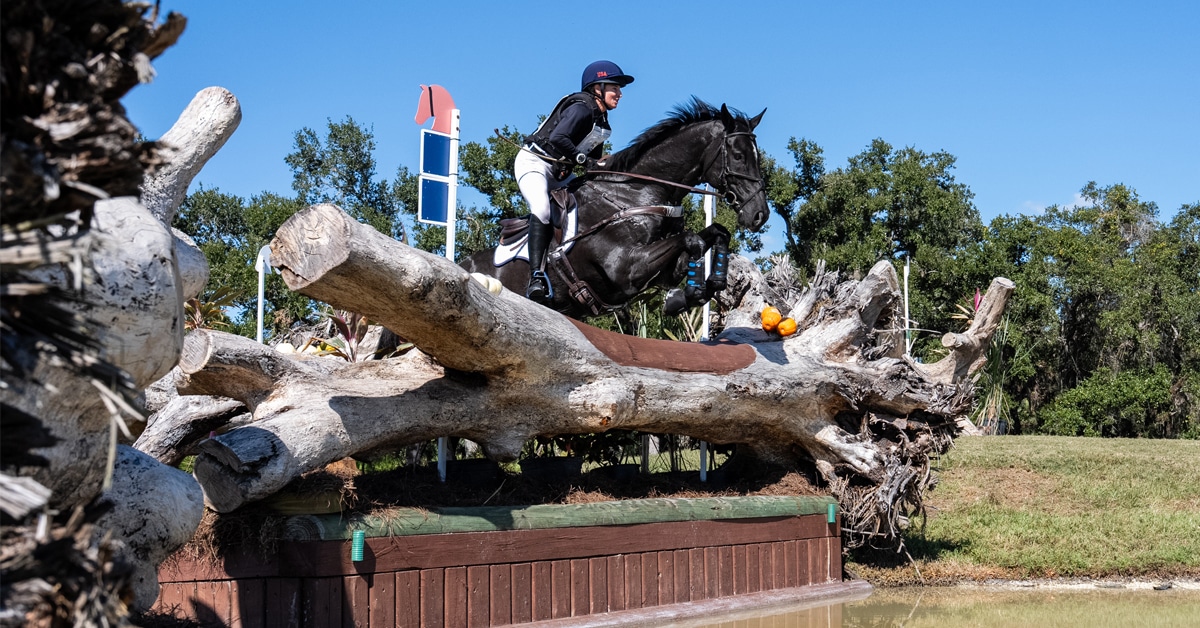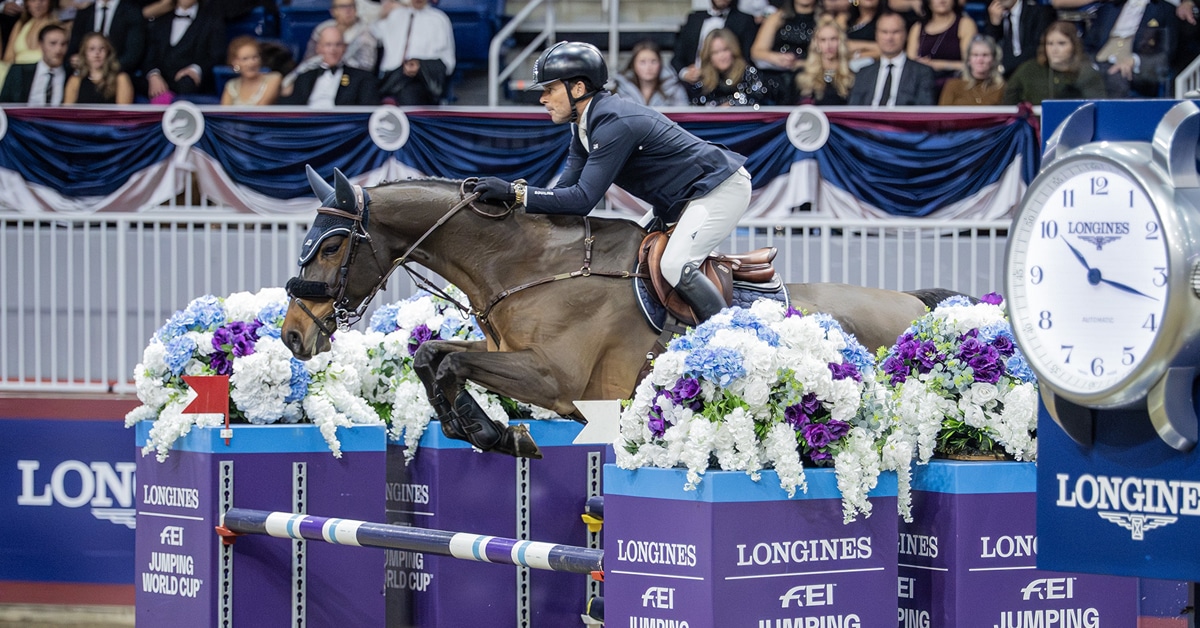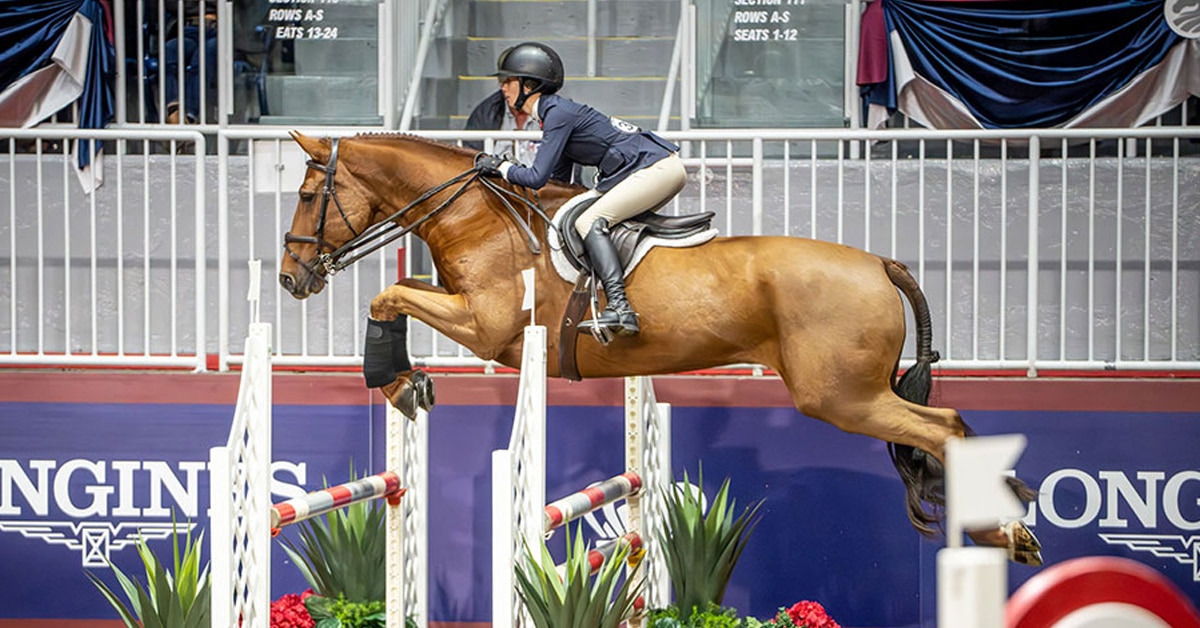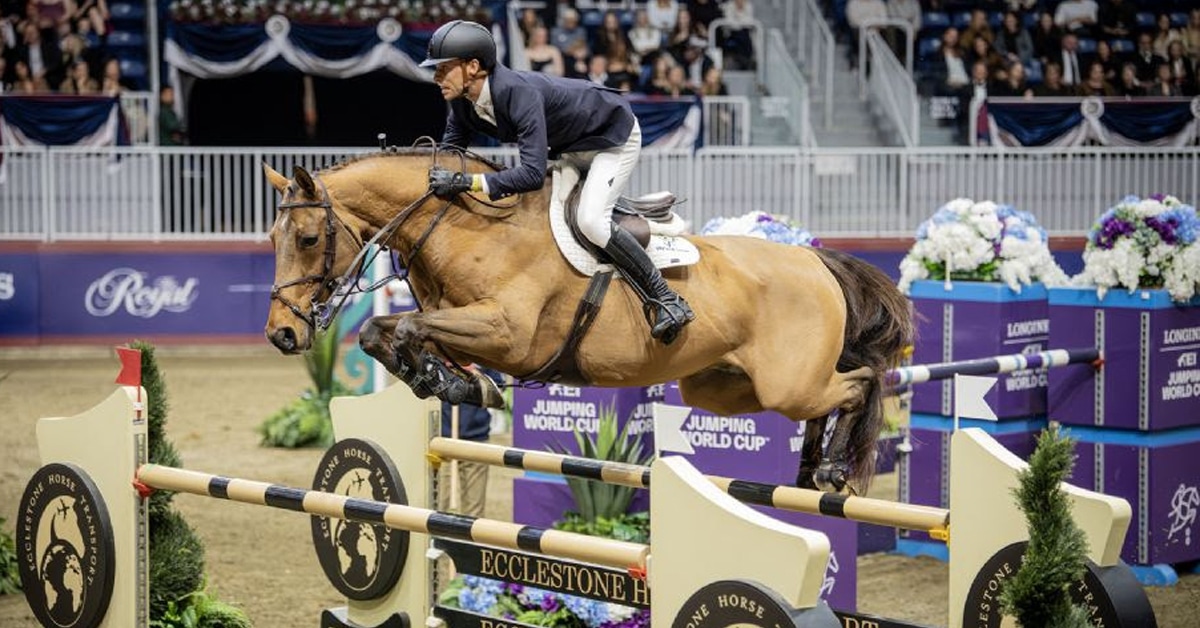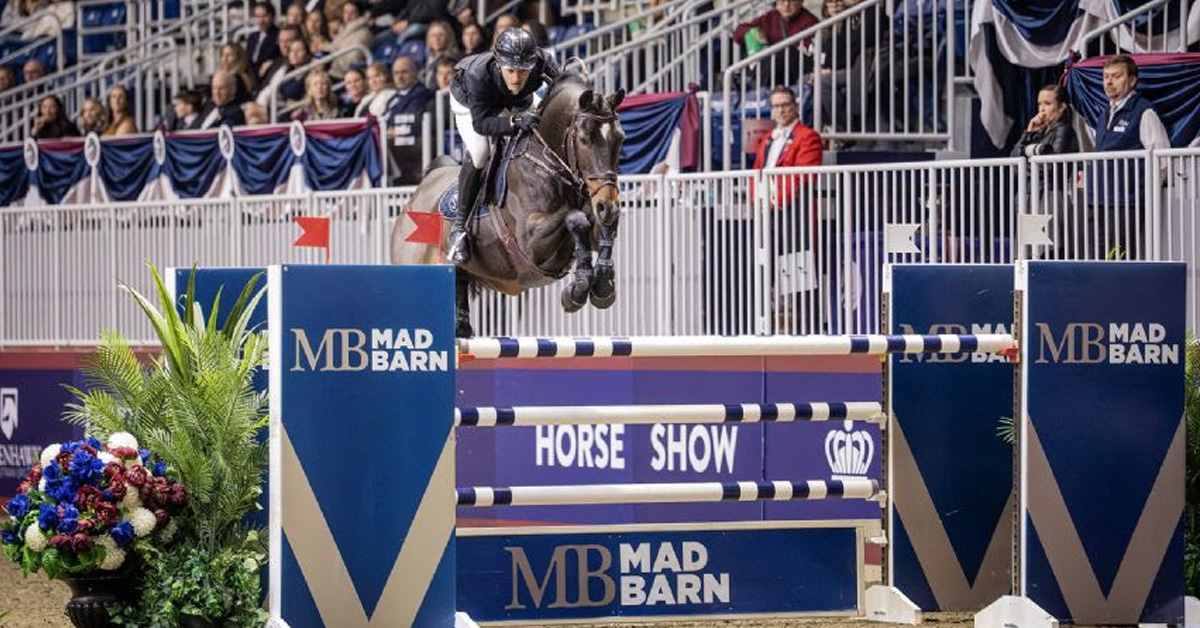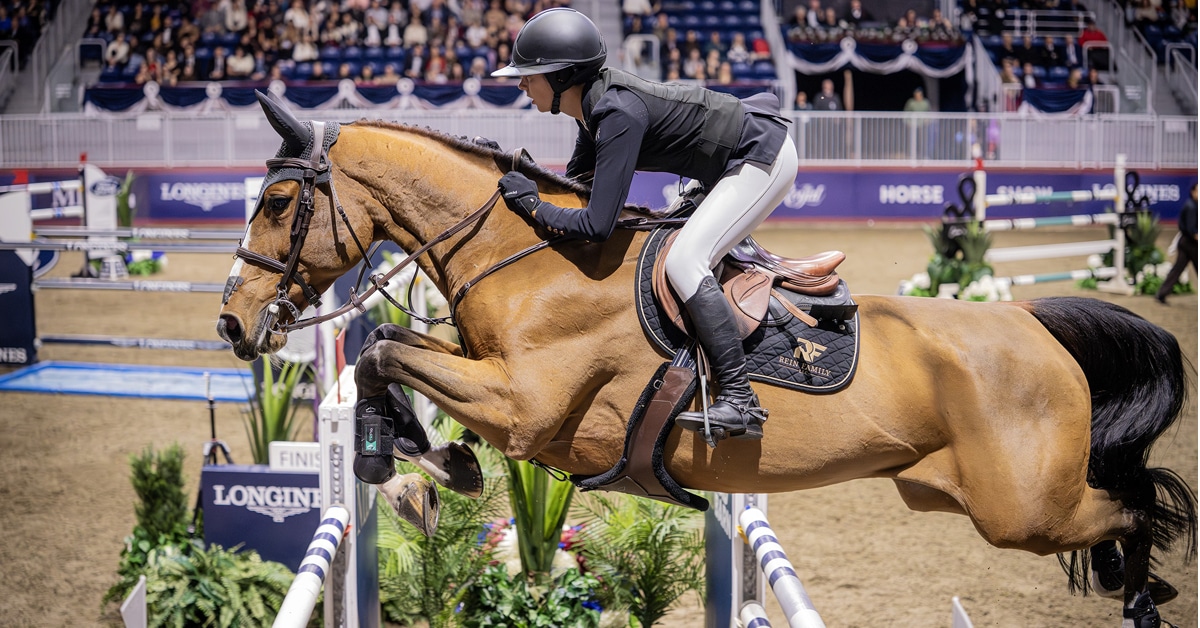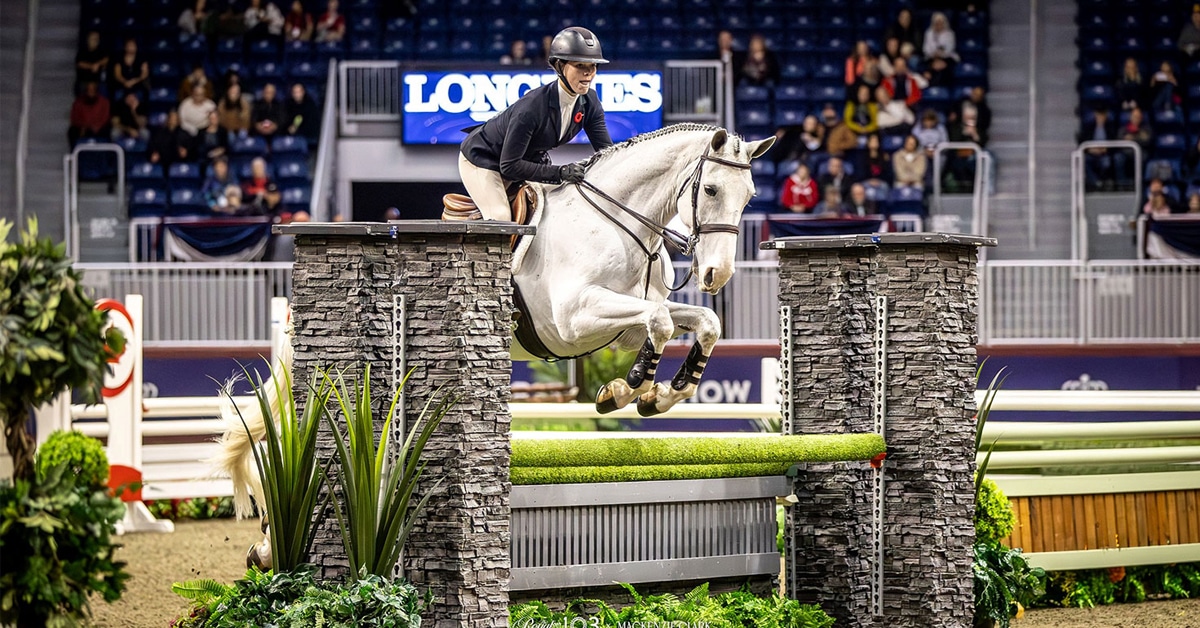A top event rider’s decision to challenge the possible consequences of a doping violation has resulted in a substantially shorter suspension than the two years first mooted by the FEI.
Two weeks after winning the Luhmuhlen 5*, Switzerland’s Felix Vogg tested positive at Aachen to an undisclosed, specified stimulant, which he was prescribed for a long-term health issue. A Therapeutic Use Exemption (TUE) was not in force at the time.
The FEI legal department gave him several options including accepting a two-year suspension and 7,500 Swiss francs fine. But Vogg decided to make his case to the FEI Tribunal – who ruled that a two-month rather than two-year suspension was fair, plus a fine of 3,000 Swiss francs.
Vogg had a TUE for a previous medication, but had suffered significant side-effects and was prescribed another. He did not realise that a separate TUE was needed for the new medication. He has since successfully applied for one, but it was not granted retroactively. The new TUE took effect on September 12, just in time for the world eventing championships at Pratoni del Vivaro, where Vogg finished 14th individually.
Vogg said he was convinced that his old TUE was valid; it was not clear that it would expire after a period. His belief was reinforced by his being tested out of competition by Anti-Doping Switzerland the previous summer and not notified of any potential violation.
Despite being a high-level athlete, Vogg said he had only received a very “general” doping education from his national federation. After the shock of learning he had failed a dope test, Vogg spoke to his physician who told him his prescribed medication was allowed in training but not in competition, of which Vogg was unaware.
In legal terms, Vogg has strict liability for the positive sample. The FEI said that if he had applied promptly for a new TUE, it would clearly have been granted and this incident would not have happened. As an international rider he is responsible for knowing the anti-doping rules and “cannot blame anyone else for failing to tell him what was expected.”
However, taking into account the nature of this case and relevant Court of Arbitration for Sport jurisprudence, the Tribunal considered that the level of Vogg’s fault or negligence was not significant.
More News
